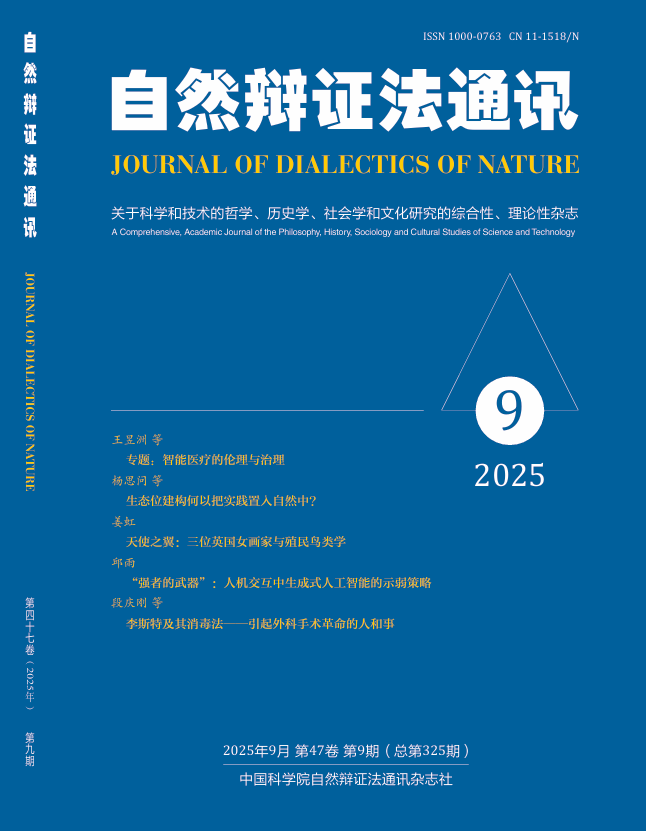

Published Online: 2025.8.10
DOI: 10.15994/j.1000-0763.2025.09.005 CSTR: 32281.14.jdn.2025.09.005
Abstract: As a confirmation problem in Bayesian epistemology applying to hypothesis testing, the old evidence problem (OEP) challenges the applicability of Bayesian confirmation theory. Some subjective Bayesians, typified by Howson, emphasized the context-sensitive nature of Bayesian confirmation analysis, interpreted OEP from the perspective of counterfactual reasoning, and made a philosophical defense of the confirmation relationship between the old evidence and the hypothesis in the counterfactual sense. By critically examining the problem-solving mechanism of counterfactual strategy, it is clear that its dilemmas involve at least the computability of counterfactual background, the determinability of counterfactual credence and the appropriateness of counterfactual confirmation principle. In order to solve OEP effectively, it is necessary to get rid of the confirmation straitjacket of credence positive relevance, clarifying the nature of confirmation and constructing a Bayesian model that aligns with the core intuition of confirmation.
Key Words: Bayesian epistemology; The old evidence problem; Context-sensitivity; Counterfactual reasoning; Credence positive relevance
See the full text at: https://jdn.ucas.ac.cn/public/uploads/files/688330a81b635.pdf
- Contact Us
- Address: No.19A Yuquan Road, Beijing, 100049, China
- Phone: +86-10-88256007
- Email:jdn@ucas.ac.cn




